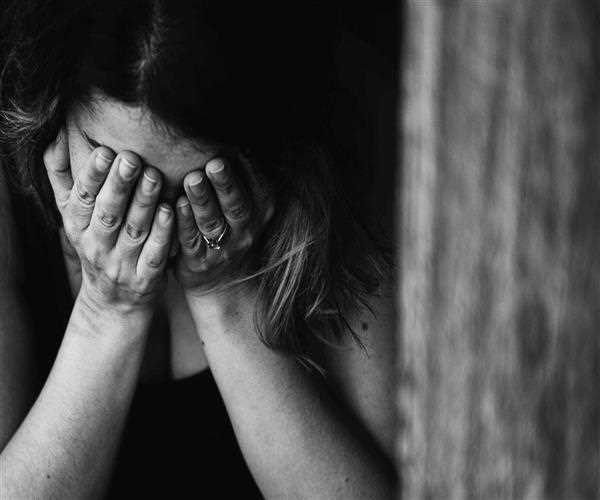In the past decade, mental health has finally started to get the attention it deserves. It’s become less of a taboo, and people have begun to open up about their mental health issues without feeling embarrassed. And support for teenagers is better than ever. Our society has realized that it’s good to ask for help, just like with any other health problem.
Anxiety is the most common mental disorder for people of all ages. The anxiety statistics show that, in 2017, 3.8% of the global population had some type of anxiety.
Common Anxiety Triggers
Different triggers can worsen anxiety in anxious people. These include stress, negative thinking, certain medications, or getting diagnosed with an illness. Sometimes, personal triggers can also make a person feel anxious.
Since the pandemic started, many people who haven’t had anxiety succumbed to the feeling of uncertainty, which leads to prolonged periods of stress. Those who were diagnosed with anxiety beforehand started to feel even worse.
Why is Anxiety Worsening?
Staying at home and practicing social distancing is not a “blessing in disguise.” Being forced to stay at home means that you’re at risk of losing your job, and falling under the category of 40 million Americans who have filed an unemployment claim since March 2020. Also, pandemic relief programs may not be renewed, which puts more pressure on everybody.
Elderly members of the family are an additional stressor, as they are at the highest risk of developing complications if they contract COVID-19. This puts a strain on the younger members of households since they’re the only ones who can go outside.
Being informed is a double-edged sword, as many news sources are unreliable. People are obsessively reading the news and soaking in information about the pandemic by talking to others. While knowing the numbers can provide temporary relief, it can also make your anxiety go through the roof. Some people reported having a panic attack because of the coronavirus situation, even though they didn’t have anxiety before the pandemic.
Recommended Ways of Coping
With all the misinformation being spread through different channels, it’s best to only trust credible sources — the CDC, the WHO, etc. These organizations have clear instructions on what you should and shouldn’t do when it comes to COVID-19. Anxious people can at least get some peace of mind by following the correct guidance.
Even though an increased usage of alcohol has been recorded in the times of the pandemic, you should opt-in for healthier methods of relaxation. You can learn a meditation technique instead, plan and shop for healthy meals, and try to get enough sleep. A simple video chat with your friends can make you feel less anxious, too.
Also, it’s always beneficial to exercise, even while staying at home. If it’s hard for you to get motivated when you’re anxious, yoga is a good option, as it can reduce stress.
Conclusion
The pandemic is scary for everyone, but we’re all in this together. Whether or not you are anxious, you are bound to worry about some aspect of it.
Maybe you live with an older person or a person with comorbidities, or you lost your job recently. You could be stuck in a foreign country that closed its borders. Or maybe you’re anxious just from sitting at home and waiting for it to end.
Whatever the reason, it’s important to remember that your reaction to these stressful times is normal. Please do what you can to cope with it in the best way possible.




Leave Comment